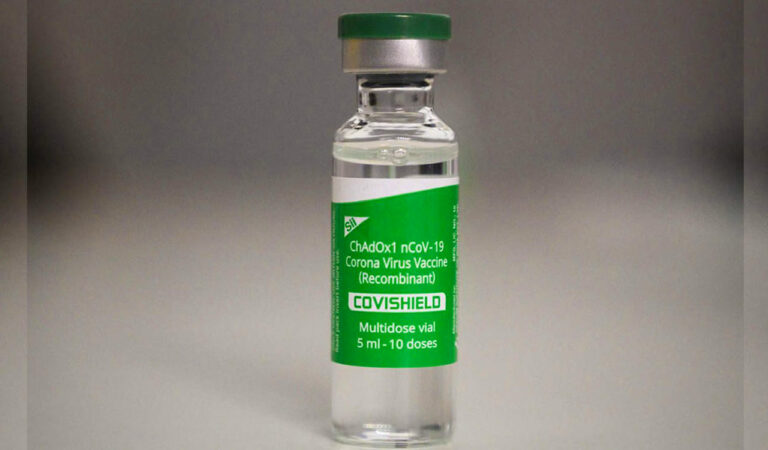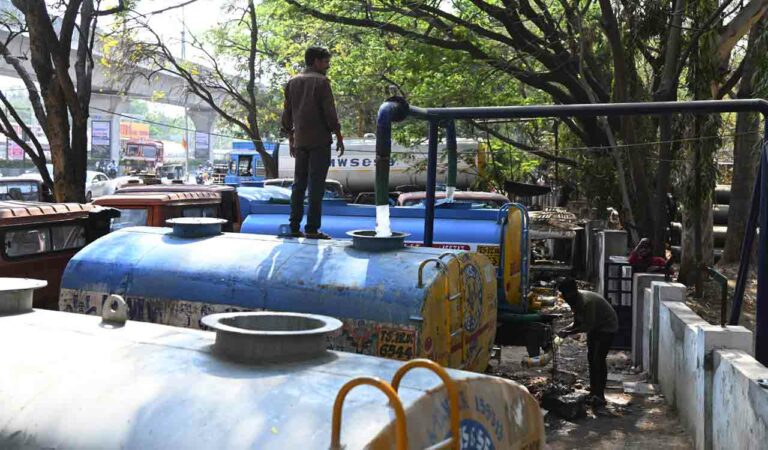
Covid vaccines are back in the news for wrong reasons following a recent admission by the pharmaceutical company AstraZeneca that its vaccine can “in very rare cases” cause clots in blood vessels. However, this is neither a new revelation nor should be a cause for undue concern. The report should not be used to spread panic and create doubts in the minds of the people over the safety of the Covid vaccines. It must be pointed out that vaccines have saved millions of lives and their benefits far outweigh the possible risks from the medical side-effects. It is long known in medical circles that the AstraZeneca vaccine has the potential to cause Thrombosis Thrombocytopenia Syndrome (TTS), a rare side-effect associated with blood clotting. It must be pointed out that such a vaccine-induced condition is extremely rare and manifests within a few weeks after administering the first dose. In India where the Oxford–AstraZeneca Covid‑19 vaccine is sold under the brand name ‘Covishield’, the product information that comes with the vaccine clearly mentions TTS, an exceptionally rare immunological reaction that leads to clots in certain locations such as the brain, in its special warnings and special precautions section. In fact, the World Health Organisation (WHO) too wrote about it in May 2021 and again updated in 2023. Despite these rare occurrences, the pharmaceutical company maintains that extensive clinical trial data and real-world evidence consistently support the vaccine’s safety and efficacy. The Serum Institute of India produced Covishield using the viral vector platform. According to the WHO, it is 79% effective at stopping symptomatic Covid disease and 100% effective at preventing people from falling seriously ill.
Recent epidemiological data suggests that the cumulative incidence of TTS is higher following the initial dose of the Covid-19 vaccine compared to subsequent doses. Medicine is all about risk versus benefit. If the benefits of a drug far outweigh the risks, we use it. In fact, the hugely successful oral polio vaccine, which has been instrumental in eradicating polio from most of the world, including India, has a one in 2.7 million risk of causing vaccine-associated paralysis. The global risk of dying in a traffic accident is 17.4 deaths per one lakh. For low-income countries, this risk is 24 deaths per one lakh, and for high-income countries, it is nine deaths per one lakh. So, the risk of TTS in those who took the AstraZeneca vaccine is about 5 to 12 times lower than the risk of dying in a road accident. Over 1.7 billion doses of Covishield were administered during the pandemic years in India, covering almost 90% of the eligible population. Given that the world is still recovering from the wounds of the coronavirus crisis, the revelation by AstraZeneca warrants a careful response from the government agencies to avoid any unwarranted public paranoia and allay apprehensions over the vaccine.

 1 week ago
1 week ago
















 English (US) ·
English (US) ·